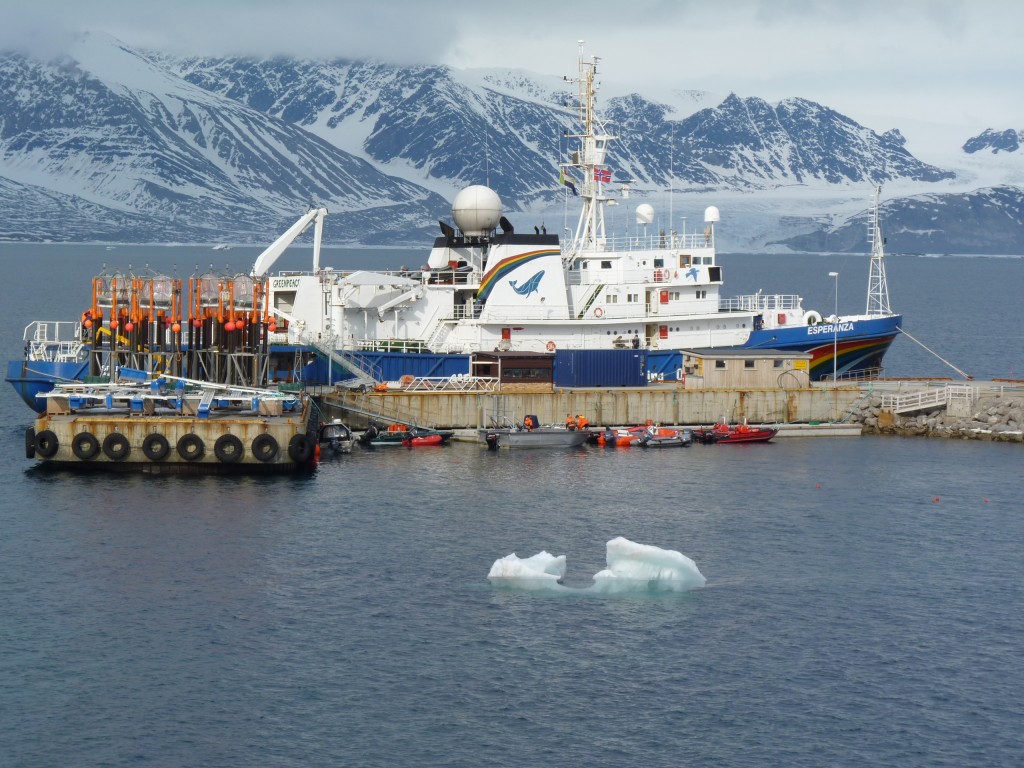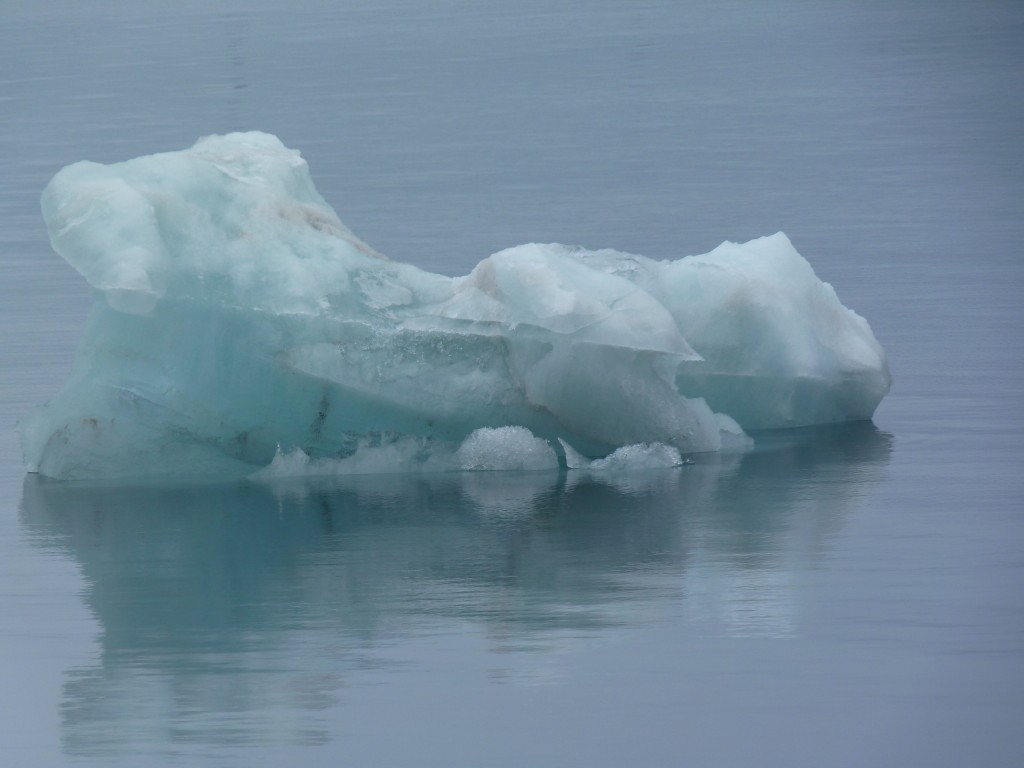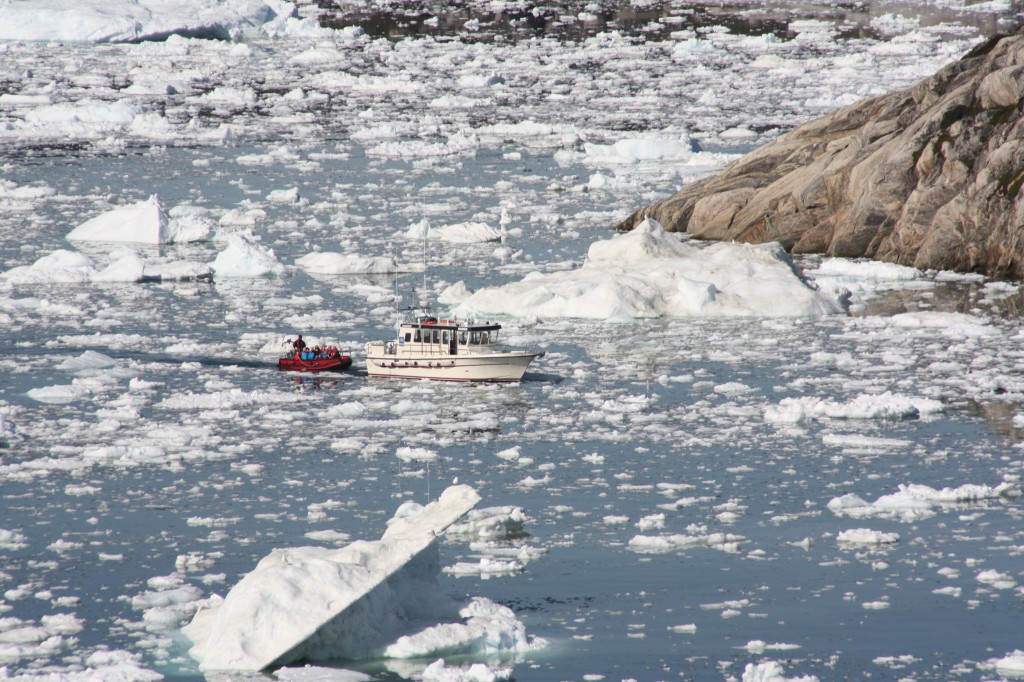Atlantic cod pushing out Arctic relatives?
When I visited the AWI Biological Institute on the German North Sea island of Helgoland last year for a story on how climate change is affecting marine life, the Institute’s Director Karen Wiltshire mentioned to me that cod was disappearing from the waters around the island. The Atlantic cod, it seems, are moving north, a trend confirmed by a recent research cruise by scientists from the Alfred-Wegener-Institute (AWI).They found large shoals of Atlantic cod in Arctic waters off the coast of Spitsbergen. The biologists were on an expedition to an area formerly inhabited predominantly by Arctic cod. Climate change has warmed the water to the extent that the Atlantic cod, which live in warmer water, are moving north. Now the scientists want to investigate to what extent the two types of cod will be in competition with each other, and which of them will be able to adapt best to the changing living conditions in Arctic waters. It is not only the warming, but the ocean acidification that comes with it, as the oceans absorb more CO2, that is making life difficult for many ocean-dwellers. This was recognised as one of the major problems being caused by climate change in the latest IPCC report. Ice Blog readers may remember my trip to Spitsbergen on the Greenpeace ship Esperanza, which was taking scientists and their equipment to Ny Alesund, Spitsbergen, to measure ocean acidification as part of the EPOCA programme back in 2010.

Esperanza docked at Ny Alesund to pick up the “mesocosms” to monitor ocean acidification, 2010 (Pic: Irene Quaile)
The new research is part of a German national research project on ocean acidification, BIOACID (Biological Impacts of Ocean Acidification). 14 institutes are investigating how marine communities react to ocean acidification and what the economic and social consequences are likely to be.The six scientists on this summer’s expedition were surprised to find the water off north-east Spitsbergen had a temperature of 4.5°C when they went up there in August, looking to collect fish samples. Polar cod live in water around 0°C. The warmer water comes up from the Atlantic in the summer months. Expedition leader Dr. Felix Mark and his colleagues from AWI and the Heinrich Heine University in Düsseldorf found that it was mostly young Atlantic cod they were catching in their nets. This is a sign of a very fundamental change in the Arctic, says Mark. The warmer temperature means the Atlantic cod, which also used to live in the North Sea, now have ideal conditions in Arctic regions. The German team thinks this species is already dominating the warmer surface waters around Spitsbergen.
The question now is what this means for polar cod, and whether competition between the two fish types will be influenced by ocean acidification, which affects not only the fish but also their food supply. Atlantic cod has a much more varied diet than its polar relative, which is specialised on certain types of small crustaceans.(More information on “The Fishsite“). If these are affected negatively by ocean acidification, polar cod would lose out. Mark and his colleagues were collecting live samples to take back to the AWI lab in Bremerhaven in northern Germany to test how they and their prey react to increasing acidity in the water.Polar cod play an important role in the Arctic food web. It is eaten by other fish, birds and marine mammals like whales and seals.
People in the High North are already benefiting from an increased catch of Atlantic cod. But while the traditional “fish and chips” gain popularity up there, down here in the North Sea area, we may have to resort – as AWI Helgoland chief Wiltshire quipped when I was there – to “jellyfish and chips”, with some species of jellyfish thriving in the warming North Sea waters.


















